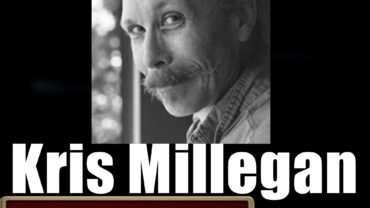The Journey Podcast 31. Paul Berkowitz: Legacy of the Yosemite Mafia (Corruption in the National Park Service)
Paul Berkowitz and Kris Millegan (TrineDay Publishing) discuss Paul’s book — Legacy of the Yosemite Mafia — the problems caused by emphasizing a “Ranger image” that intentionally steered away from the dominant role of rangers in the past — law enforcement — and they discuss the “turf wars” among a small minority at the top of the National Park Service that allowed misconduct to fester at various places in the agency.

P: The first function of rangers in the National Parks was primarily law enforcement. That emphasis changed around the ‘60s and ‘70s. There was a lot of anti-Vietnam War and anti-law enforcement sentiment associated with riots and abusive law enforcement practices. A recruitment effort called The Ranger Intake Program brought in a lot of young people who made an effort to disassociate from law enforcement or professional policing. They steered away from what had been the dominant role of rangers in the past, and buried a lot of legitimate history, to project a “The Ranger Image,” one that was not a police function.
K: What was result of that policy? Did it cause problems?
P: It caused all kinds of problems. Guns had to be hidden in glove boxes or not carried at all. Defensive equipment was not to be seen. Rangers had to confront the serious crime that had always gone on without adequate equipment and without access to adequate communications.
Also, the Park Service is a pretty decentralized agency. All the records were kept locally. There was no central repository that documented the level of crime and the level of law enforcement that had historically gone on in the Park Service.
K: You talk about corruption in the National Park Service. What kind of corruptions was it? Was it about money? Or was it a turf war kind of thing?
P: I would say it was turf wars. We’re talking about a very small minority, but they were in top positions. It sets a tone. Ethics in government is a top-down thing. If those at the top are corrupt or not aggressive in addressing misconduct, employees throughout the agency see that, and they throw up their hands and kind of go along with whatever practices they see, instead of having the courage and the support to step forward and say, “This is unacceptable. I’m going to report it. And I’m not going to go along with it.”










